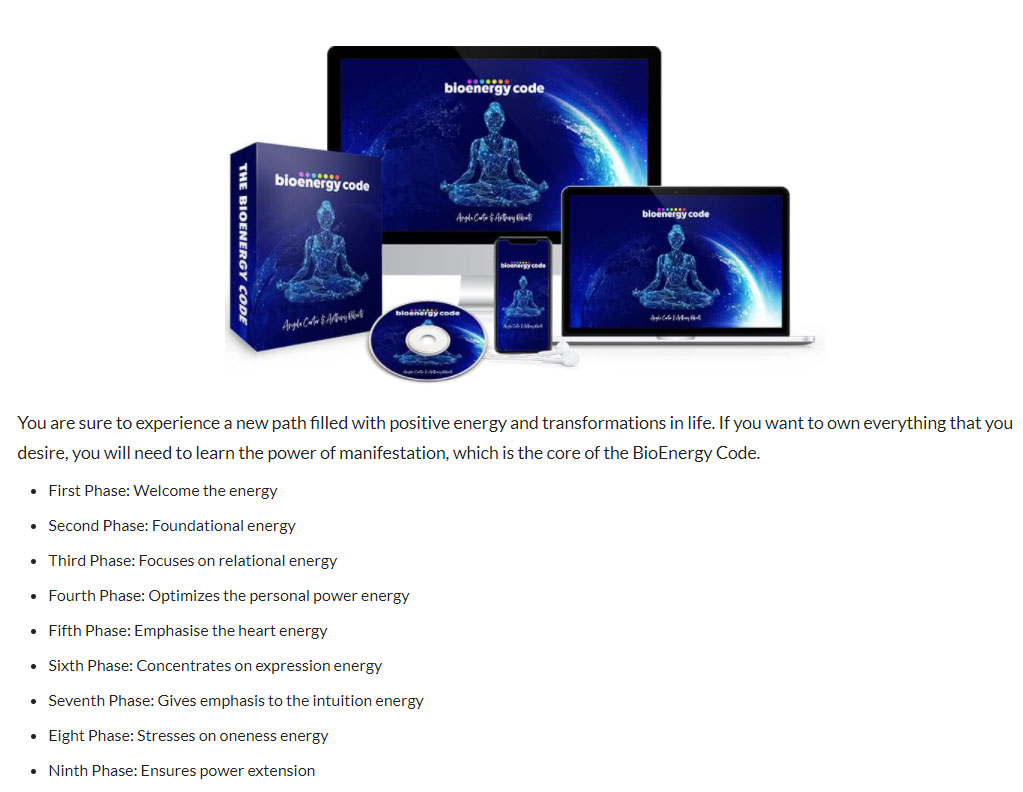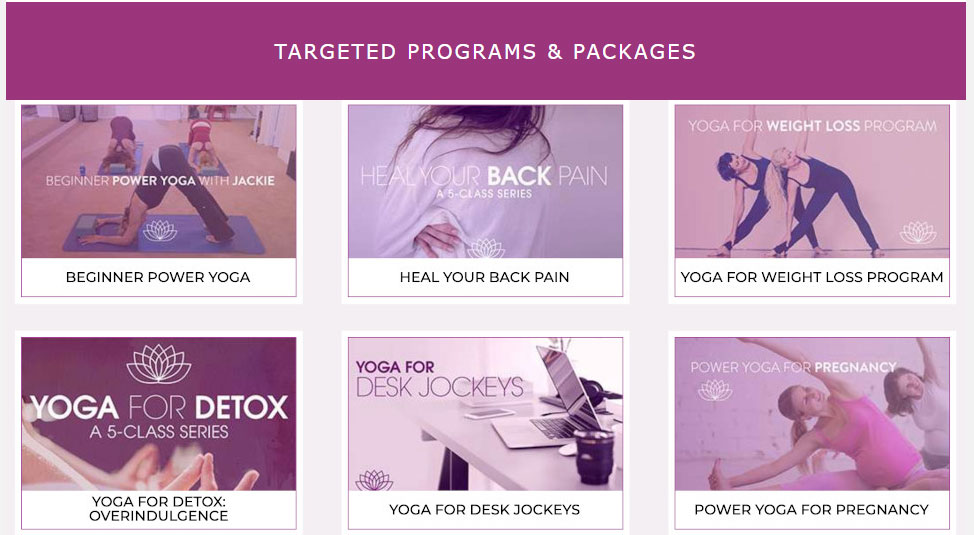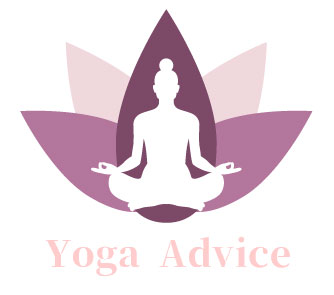Meditation to reduce stress
Do you feel overwhelmed by stress and can't relax? Your entourage suffers from your aggressiveness and mood swings? Stop! An update on 4 techniques and 4 meditation exercises to help you overcome your anxiety.
What is meditation?
Meditation is not just about closing your eyes and breathing. It is also about looking back on oneself and indulging in personal development. It means finally getting to know ourselves better and gaining access to a deep and lasting inner peace, far from the tumult of our hectic and worrisome lives.
Meditation is a wonderful tool for reflection, whether it is to help a project mature, to elevate oneself in spirituality, to find solutions to a given problem, to reduce stress, to relax or simply to relieve a mind that is too tormented. Meditation is not only a relaxation technique. It is also an art of living, a philosophy...
Meditation can be done anytime and anywhere. Everything depends on our availability or the urgency to which meditation must respond. We can meditate in the subway, at the office, in the shower or while walking, at lunchtime or even at bedtime... The essential thing is to take a daily break just for ourselves and not to deviate from it.
The benefits of meditation against stress
Meditation has a positive impact on the physical and psychic aspect of any individual who devotes himself to it:
- It helps to overcome anxiety and limits the symptoms of depression. It is also recommended to manage post-traumatic stress, some hospital services use it to calm their patients' chronic pain.
- It strengthens the immune system and stimulates brain functions (attention, concentration, memory).
- It also lowers blood pressure and improves the respiratory system.
The list is long and far from exhaustive.
There are many ways to meditate and it would be pointless to try to list them all. Nevertheless, some techniques are more popular than others and deserve to be considered, such as these 4 methods of meditation and relaxation.

Vipassana meditation to fight against stress
"Vipassana allows the transformation of the self through self-observation.
An ancestral Indian practice, Vipassena meditation is somewhat the leader of the meditation principles that followed. It is practiced with eyes closed and focuses on the sensations felt in our body through vision, sound, touch, taste, smell, and mental processes (emotions, thoughts...). It is based on the "here and now" and focuses on the sensations of the body and mind throughout the meditation.
In other words, each auditory, tactile, olfactory, taste or emotional perception must be observed carefully. The anchor to reality is the breath. The very principle of Vipassana is to rid the mind of the "impurities" that pollute it: stress, pain, ruminations, tensions... The idea being to achieve, in the long term, a purification of the soul, body and mind.
Vipassana Meditation Exercise for Anxiety.
In a seated position, with your back and head straight, place both hands on your abdomen and breathe normally. With each breath, your abdomen will swell and with each breath, it will deepen. Stay focused only on the movement of your abdomen. If you hear a noise or smell, turn your attention to it and let go of your concentration on the movement of your abdomen. If nothing around you disturbs your attention, stay focused on the movement of your abdomen for 5 minutes.
Transcendental meditation against anxiety
Transcendental meditation would be more accessible than any other form of meditation. The reason? It is simple, natural and requires no effort. Nevertheless, it is based on mantras, formulas repeated silently at a sustained rhythm. It is said that these mantras would take away any dispersion of thought and would allow access to a calm close to beatitude. Transcendental meditation is taught by a master Yogi. The ritual is always the same: the sessions last 20 minutes and are practiced twice a day, preferably in the morning when getting up and in the evening before going to bed.
10 minutes of transcendental meditation to relieve you from stress. If you want to start in transcendental meditation, this exercise can prepare you for it: Sit in a quiet place, away from the buzzing and buzzing around you. Close your eyes, relax and breathe naturally, without thinking or trying to concentrate. Don't think about anything and repeat over and over in your mind or out loud a phrase or word that you feel soothing. For example, fullness or I am calm and relaxed. After ten minutes or so, you will feel deeply relaxed and will have the sensation that you have freed yourself from a heavy burden...
Zen meditation to reduce your stress
Also known as Zazen, Zen meditation is directed toward a mind-body entity and invites one to completely empty one's mind, like other types of meditation. Coming from Eastern spiritual traditions, it represents the incarnation of Buddhism via the lotus posture, dear to Buddha. Here, immobility and silence are the order of the day. Discipline and harmony come together to achieve Nirvana.
Practicing Zen meditation to free yourself from your anxieties.
Choose a quiet and comfortable place. Sit facing a wall in lotus, or half-lotus (in a suit) on a cushion or carpet. The important thing is to have your knees firmly rooted to the floor. The spine and head should be straight, shoulders relaxed and chin tucked in. The eyes should be half-closed, the left hand resting on the right hand, palms facing the sky. Breathe normally and stay toned but not overly alert. Concentrate on your breathing movements from your lungs to your abdomen. Don't move, don't get distracted and hold for 30 minutes. Your mind will calm down automatically...
Meditation in mindfulness to regain serenity
When stress assails us, we dwell on the past and speculate on the future. But what about the present moment? Mindfulness meditation is about focusing on what is happening in the "here and now. This can be the heartbeat, the sounds around us, the warmth of the sun on our skin, through breathing exercises, but also the thoughts that cross our mind, even the darkest ones. The idea is to observe without judging or trying to change what we feel, but rather to accept with lucidity and benevolence. A "conscious" letting go, which is conducive to releasing stress.
Application of mindfulness meditation, an anti-stress remedy.
When you feel that your head is about to explode and you are on the verge of a nervous breakdown, one solution: walk! But not just any way. Here, we are talking about a meditative walk in mindfulness (or mindfulness mindfulness) to calm your tensions. No matter the place, the goal is to put one foot in front of the other. Observe your gait, your feet treading the ground, your breathing, your arms swaying to the rhythm of your steps... Walk slowly, naturally, without any style effect. Concentrate only on the sensations you feel. If your mind wanders, don't get formalized. Just try to come back to your sensations each time. A guaranteed anti-stress remedy.


